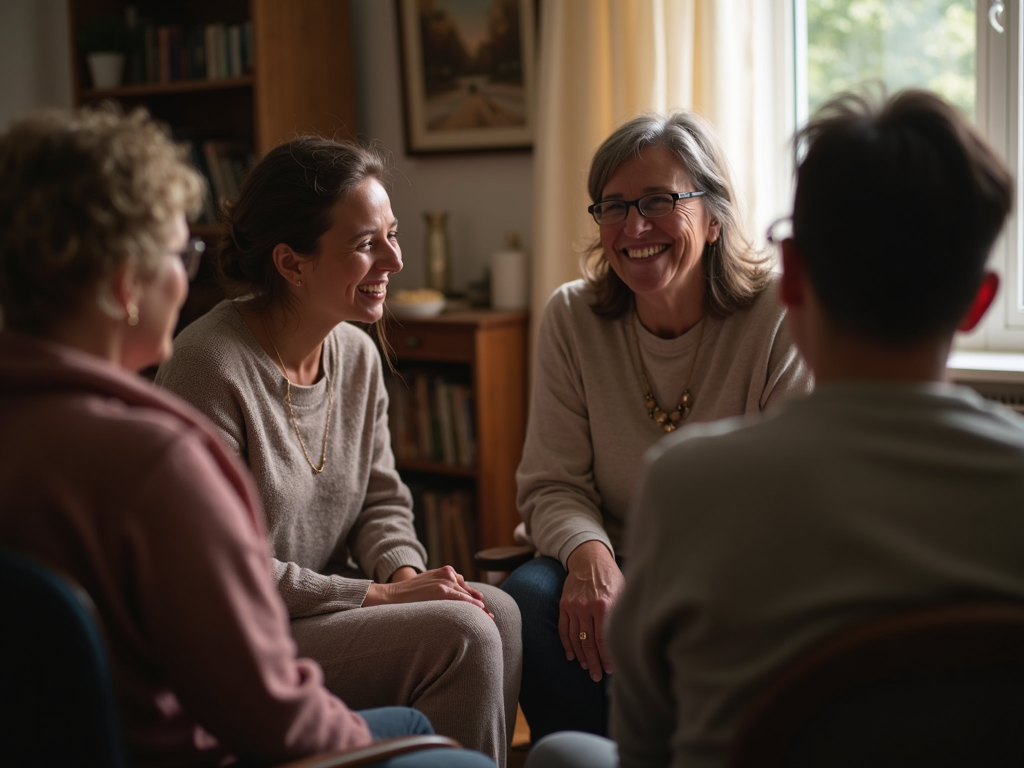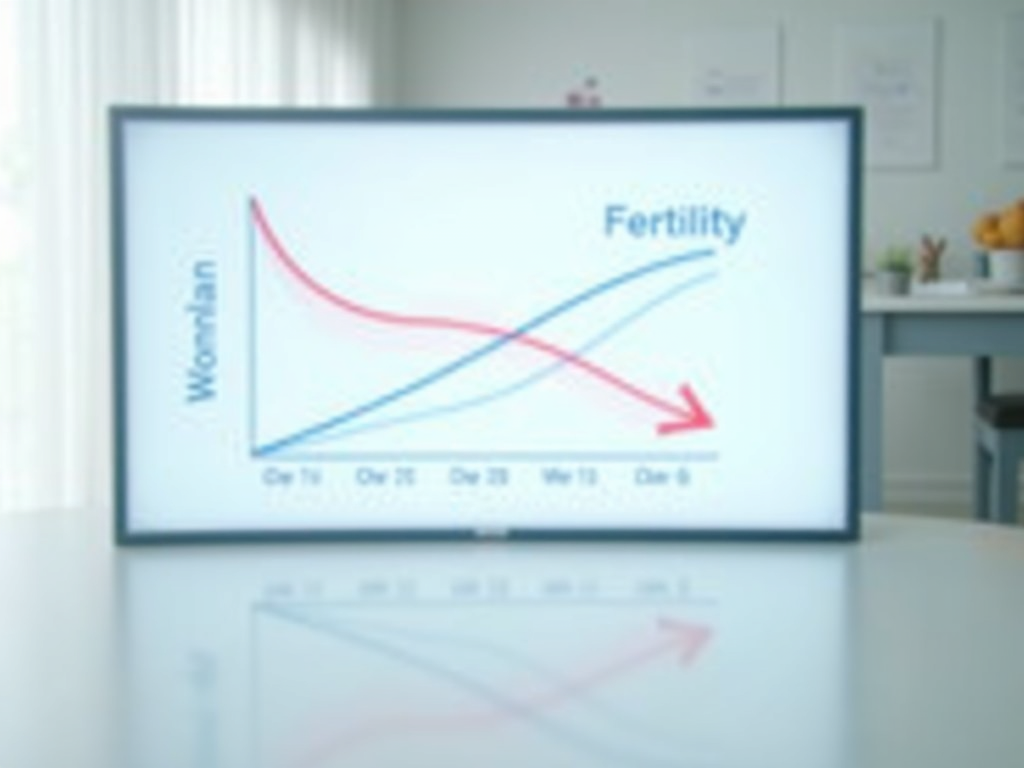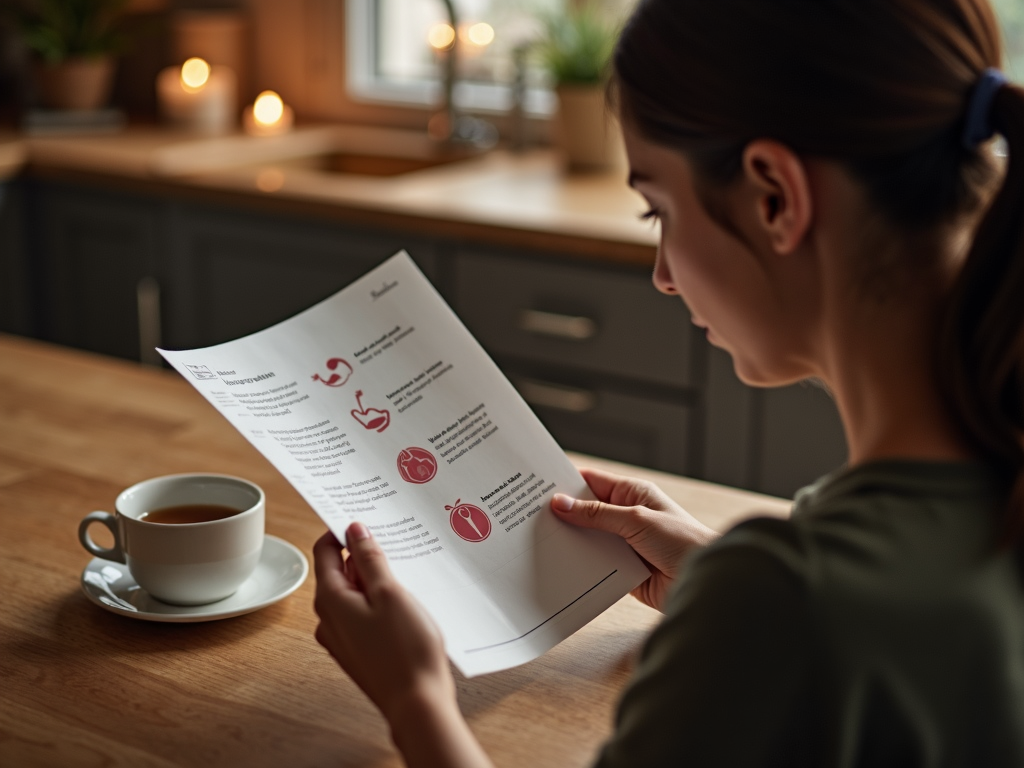Navigating Age and Fertility Preservation: A Guide to the Emotional Journey
June 27, 2025, 7:34 a.m.
Fertility preservation is a beacon of hope for many facing age-related fertility decline or medical treatments that threaten their reproductive capabilities. This article dives into the emotional rollercoaster tied to preserving fertility, offering insights into the process, the challenges, and the support available. Whether you're considering this path due to age or health, you’re not alone in this journey.
What Is Fertility Preservation?
Fertility preservation lets people save their chance to have kids later in life. It’s a big deal for those facing cancer treatments that might harm their reproductive organs. It’s also an option for people who aren’t ready for kids yet but worry about their fertility fading with age. Think of it as a backup plan for your future family.

Why Age Matters
Age and fertility preservation go hand in hand. For women, fertility drops sharply after 35—egg quality and quantity take a hit. Men see a slower decline, but sperm quality can still suffer over time. Acting early can make all the difference. I’ve seen friends freeze their eggs in their 20s, feeling relieved they didn’t wait.
The Emotional Journey of Fertility Preservation
Choosing to preserve fertility isn’t just a medical decision—it’s an emotional one. You’re staring down the possibility of not having kids naturally, which can feel heavy. The process itself? It’s tough—hormone shots, doctor visits, and big bills. I remember a coworker sharing how she cried after her first appointment, unsure if it’d even work.

Feelings You Might Face
Here’s what comes up for a lot of people:
- Fear and Anxiety: Will it work? Can I still have kids someday? These questions keep you up at night.
- Hope and Relief: Taking action feels empowering—like you’re fighting for your future.
- Grief: If cancer or age forces your hand, it’s normal to mourn what might’ve been.
A friend once told me she felt all three in a single day.

Fertility Preservation Techniques Explained
Here’s how it works:
- Egg Freezing: Doctors boost your ovaries to make eggs, then freeze them. It’s intense but popular.
- Sperm Freezing: Guys provide a sample; it’s frozen fast. Simple and effective.
- Embryo Freezing: Eggs meet sperm first, then get frozen as embryos.
- Ovarian Tissue Freezing: Still new—tissue is taken out and saved for later.
Each has its own emotional weight. Egg freezing, for instance, felt like a lifeline to my sister.

Fertility Preservation Techniques for Cancer Patients
Cancer adds urgency. Chemo and radiation can wipe out fertility, so timing is tight. A young woman I know froze embryos right before her treatment started—she called it her ‘hope in a vial.’ Doctors push to act fast, often before therapy begins. It’s a race against the clock, layered with extra stress.
How Age Shapes the Choice
Fertility preservation and age are deeply linked. Women under 35 get better results with egg freezing—more eggs, better quality. After 40, it’s trickier but not impossible. Men can wait longer, but risks creep up. A doctor once told me, ‘Age doesn’t stop time, but preservation can buy some.’ It’s about knowing your window.

The Cost—Body and Wallet
Physically, it’s no picnic. Women deal with hormone injections and surgery for egg retrieval. Men have it easier with sperm freezing, but it’s still a step. Then there’s money—thousands of dollars, often out of pocket. A cousin saved for years to cover it, calling it her biggest investment.
Finding Emotional Support
You don’t have to go it alone. Here’s what helps:
- Counseling: Talking to a pro can sort out the mess in your head.
- Support Groups: Hearing ‘me too’ from others is a game-changer.
- Info: Good resources—like from Resolve—give you power.
I’ve seen people light up after finding the right support.

Real Stories, Real Feelings
A mom I met froze her eggs at 38 after a divorce. She felt scared but proud—she took control. Another guy, a cancer survivor, froze sperm at 25. He said it was his way of not letting cancer win. These choices aren’t easy, but they’re personal and powerful.
Making the Decision
Ask yourself: What matters to you? Kids later? Peace of mind now? Talk to doctors, friends, or even online forums. Weigh the emotions against the facts. A mentor once said, ‘It’s not just about biology—it’s about your story.’ That stuck with me.

Summary
Fertility preservation mixes medical steps with big emotions. Age and Fertility Preservation: Understanding the Emotional Implications means facing fear, finding hope, and leaning on support. Whether it’s cancer or time pushing you, the tools are there—egg freezing, sperm banking, and more. It’s a tough road, but one worth walking if it fits your life.